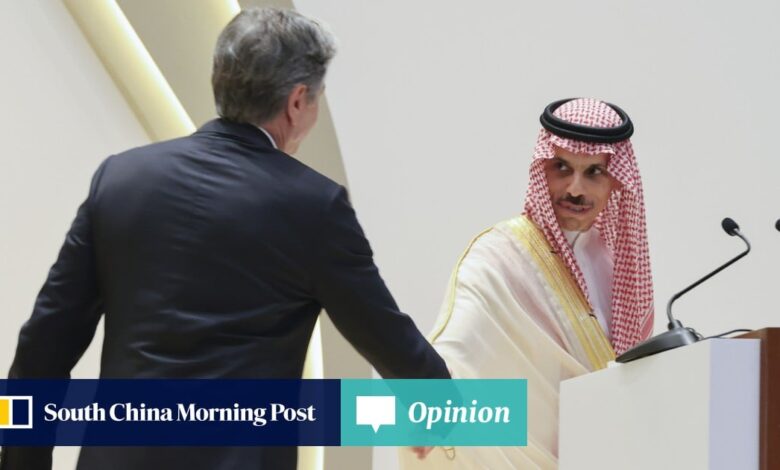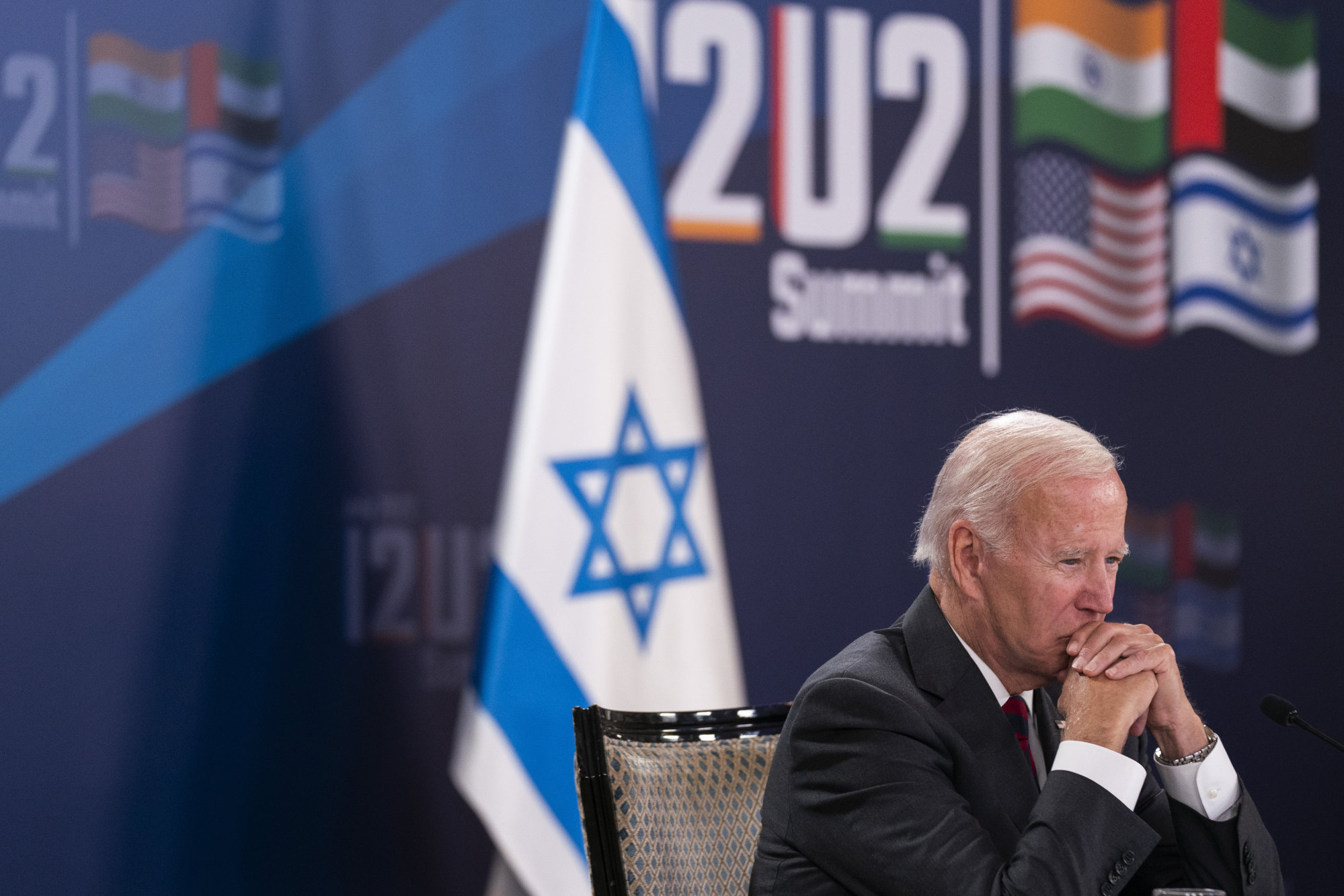Opinion | Expanded Brics should beware the disruptive pull of geopolitics

[ad_1]
This development signals the emergence of a more strategically conscious Global South, and fuels a debate on the future of multilateral organisations as political and strategic considerations become a part of their ideology.
The major powers of the region have shown they are eager to partake in the economic benefits of multilateralism. The UAE’s move to join the expanding Brics grouping, for example, shows its commitment to multilateral collaboration within West Asia and beyond.
It is also indicative of the growing awareness among major powers of the Global South of their increased relevance in the Indo-Pacific and how they can use that to balance between the United States and China.

There has been vigorous discussion throughout the past year about the role of the Middle East within the wider Indo-Pacific region given its close diplomatic and strategic association with the major powers of the Global South. Multilateral platforms such as the expanded Brics could help enshrine a prominent role, but challenges remain.
That could be the high point of Iran’s membership, though, as it is unlikely the UAE, Brazil, South Africa and India would be willing to support Iran’s diplomatic opposition towards the US.
With US in crisis, Global South must ensure a peaceful shift in world order
With US in crisis, Global South must ensure a peaceful shift in world order
Pushing to rework the geopolitical ideology of Brics as an organisation threatens to leave it in diplomatic limbo. Carving out a coherent geopolitical perspective from a membership with such disparate needs and interests is an ambitious undertaking to say the least.

This puts the focus on Ethiopia and Egypt. Both could be geostrategic linchpins and provide China and Russia with greater access to chokepoints in the Red Sea. However, this could be complicated by Egypt’s heavy debt load and Ethiopia’s internal instability.
The UAE’s Brics membership showcases the emerging role of the Global South in formulating geo-economic policies that better reflect the emerging new world order. While emerging economies having more influence in multilateral forums is welcome, there are challenges that could bog down deliberations in these groups.
To best represent the developing world’s needs, each Brics member might need to stop and consider whether changing the bloc’s ideology from one based on geo-economics to one built on geopolitics is something the Global South is ready to undertake.
Kanchi Mathur is a geopolitical risk analyst whose research focuses on the Indo-Pacific region
[ad_2]
Source link




